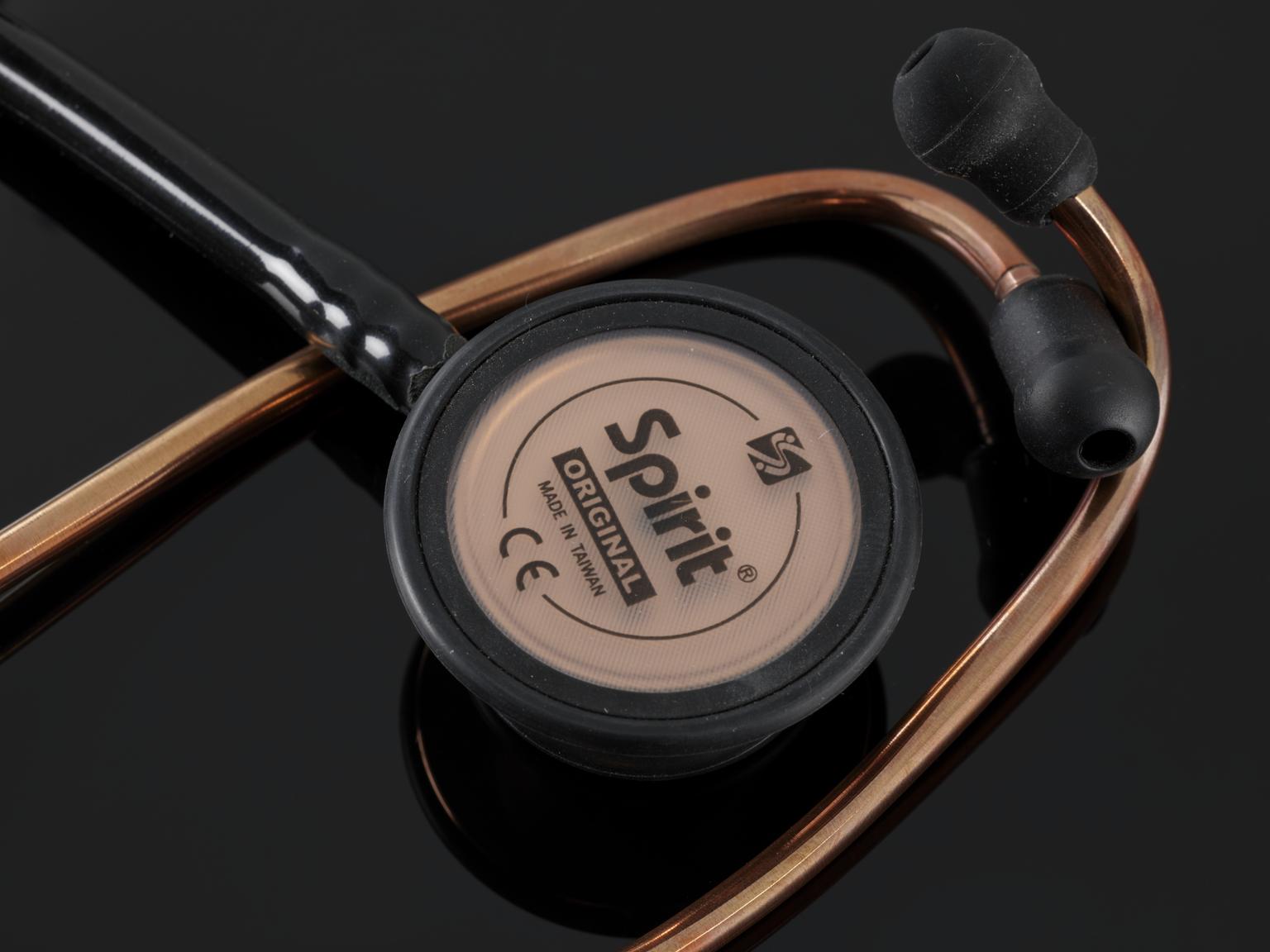
Navigating Polycystic Kidney Disease (PKD) can be daunting, yet understanding the condition is pivotal in managing it effectively. As a nephrologist based in Dubai, I’ve seen firsthand how our advanced healthcare infrstructure significantly supports PKD patients through comprehensive treatment options and regular monitoring.
Understanding Polycystic Kidney Disease
PKD is a genetic disorder where multiple fluid-filled cysts develop in the kidneys. These cysts can enlarge the kidneys and impair their function over time, potentially leading to kidney failrue. This means that dialysis or kidney transplantation might become necessary. Given the hereditary nature of PKD, awareness and regular check-ups are crucial, especially for those with a family history of the disease.
Recognizing Symptoms and Getting Diagnosed
As a nephrologist, I emphasize the importance of recognizing common symptoms of PKD, which include high blood pressure, back or side pain, headaches, blood in the urine, and a feeling of fullness in the abdomen. However, many individuals remain asymptomatic until the cysts significantly impact kidney function. Regular screenings and imaging tests like ultrasounds, CT scans, or MRIs are essential for early detection and management. The Healthpoint Abu Dhabi emphasizes the importance of these diagnostics in managing PKD effectively.
Managing Blood Pressure and General Health
Controlling blood pressure is a cornerstone in managing PKD. High blood pressure can exacerbate kidney damage, so medications such as ACE inhibitors or ARBs are frequently prescribed. Additionally, lifestyle changes like a low-sodium diet and regular exercise are vital. Maintaining a balanced diet with adequate hydration helps prevent kidney stones, a common complication of PKD.

Addressing Pain and Discomfort
Pain management is another critical aspect of PKD care. Pain often results from kidney enlargement or cyst rupture. Over-the-counter pain relievers like acetaminophen can be helpful, but NSAIDs should be avoided due to their potential to harm the kidneys. For severe pain, medical procedures to drain large cysts may be necessary. As a nephrologist, I often recommend these approaches to my patients to ensure their comfort and well-being.
Preventing Complications
Preventive measures and regular monitoring are essential in PKD management. According to the Dubai Health Authority, consistent check-ups and imaging tests can detect potential issues early, allowing timely intervention. This proactive approach is key to managing the disease effectively and preventing further complications.
Advanced Treatment Options
Dubai offers advanced treatment options for PKD patients, including specialized care from nephrologists and access to cutting-edge clinical trials. State-of-the-art facilities for dialysis and kidney transplantation are also available. The Mediclinic Middle East provides extensive resources and support, emphasizing early intervention and continuous care. As a nephrologist, I am committed to providing my patients with the best possible care using these advanced resources.
Emotional and Psychological Support
Living with a chronic condition like PKD can be emotionally taxing. Emotional and psychological support through counseling, mental health services, and support groups are integral to holistic care. Addressing both physical and emotional health is crucial for overall well-being. I always encourage my patients to seek out these resources to ensure they receive comprehensive care.
Staying Informed and Proactive
Patients who stay informed and proactive about their condition often achieve better outcomes. The Mayo Clinic offers comprehensive information on PKD, including the latest research and treatment advancements. Leveraging these resources allows patients to actively participate in their healthcare journey. As a nephrologist, I stress the importance of education and awareness in managing PKD effectively.
Holistic Approach to PKD Care
Effective PKD management requires a holistic approach, integrating medical treatment, lifestyle modifications, and emotional support. In Dubai, this comprehensive approach ensures that each patient’s unique needs are met, promoting better health outcomes and improved quality of life. My role as a nephrologist is to guide patients through this journey, providing the necessary support and expertise.
Importance of Regular Monitoring
Regular monitoring and follow-ups with healthcare providers are essential in managing PKD. According to the Emirates Health Services, consistent medical check-ups help track disease progression and adjust treatments as necessary, ultimately improving long-term outcomes. As a nephrologist, I prioritize regular monitoring to catch any issues early and adjust treatment plans accordingly.
Embracing a Positive Outlook
Living with PKD presents challenges, but maintaining a positive outlook and proactive management can significantly improve quality of life. Engaging with support groups, staying updated on the latest research, and leading a healthy lifestyle are critical steps. The robust healthcare services available in Dubai provide a strong foundation for PKD patients to lead fulfilling lives. As a nephrologist, I am dedicated to helping my patients embrace this positive outlook and manage their condition effectively.
